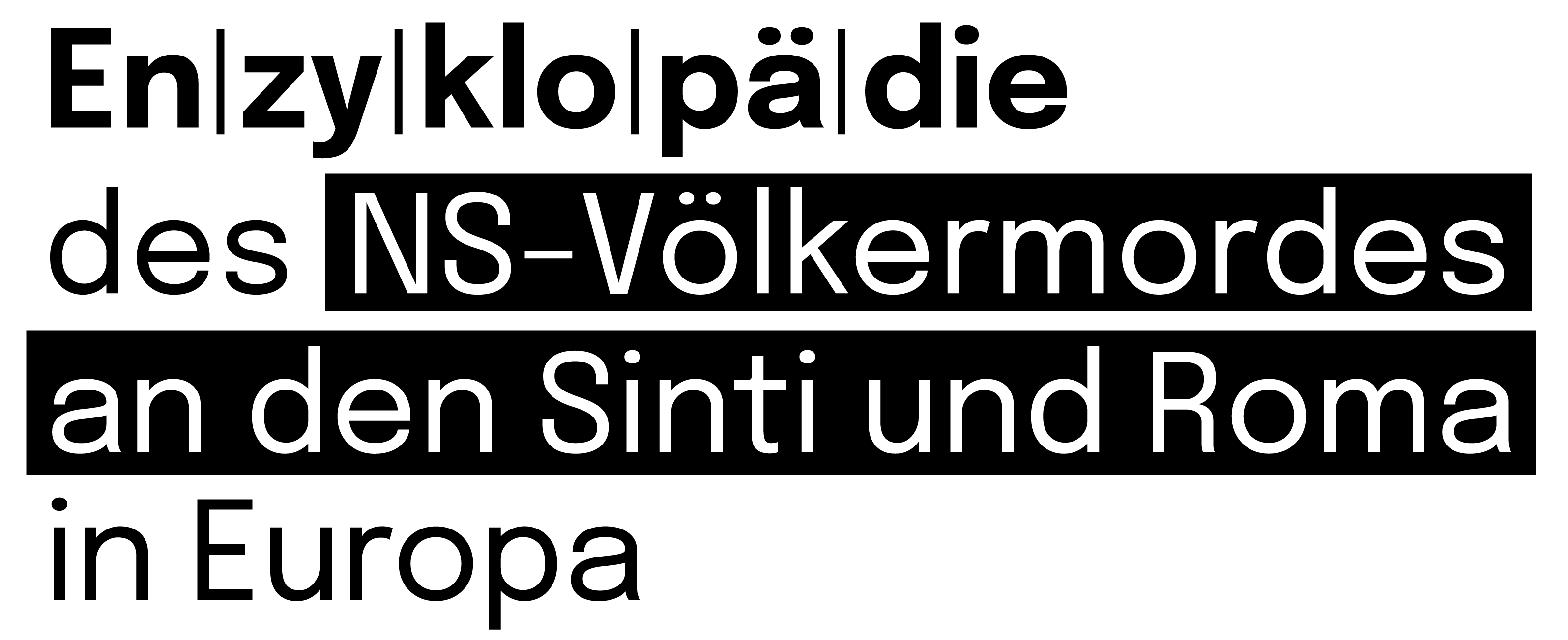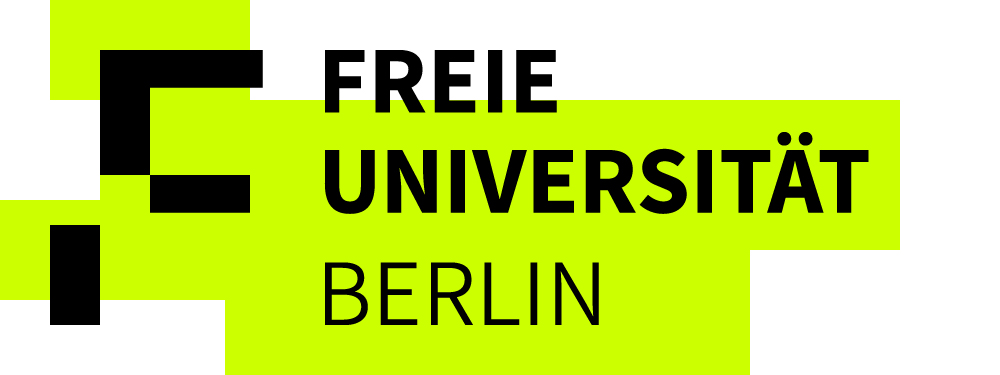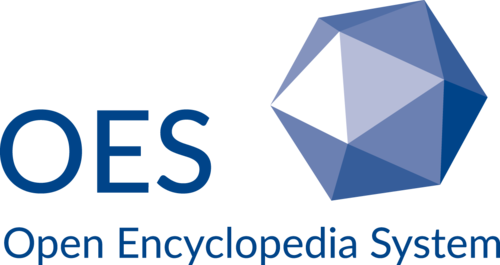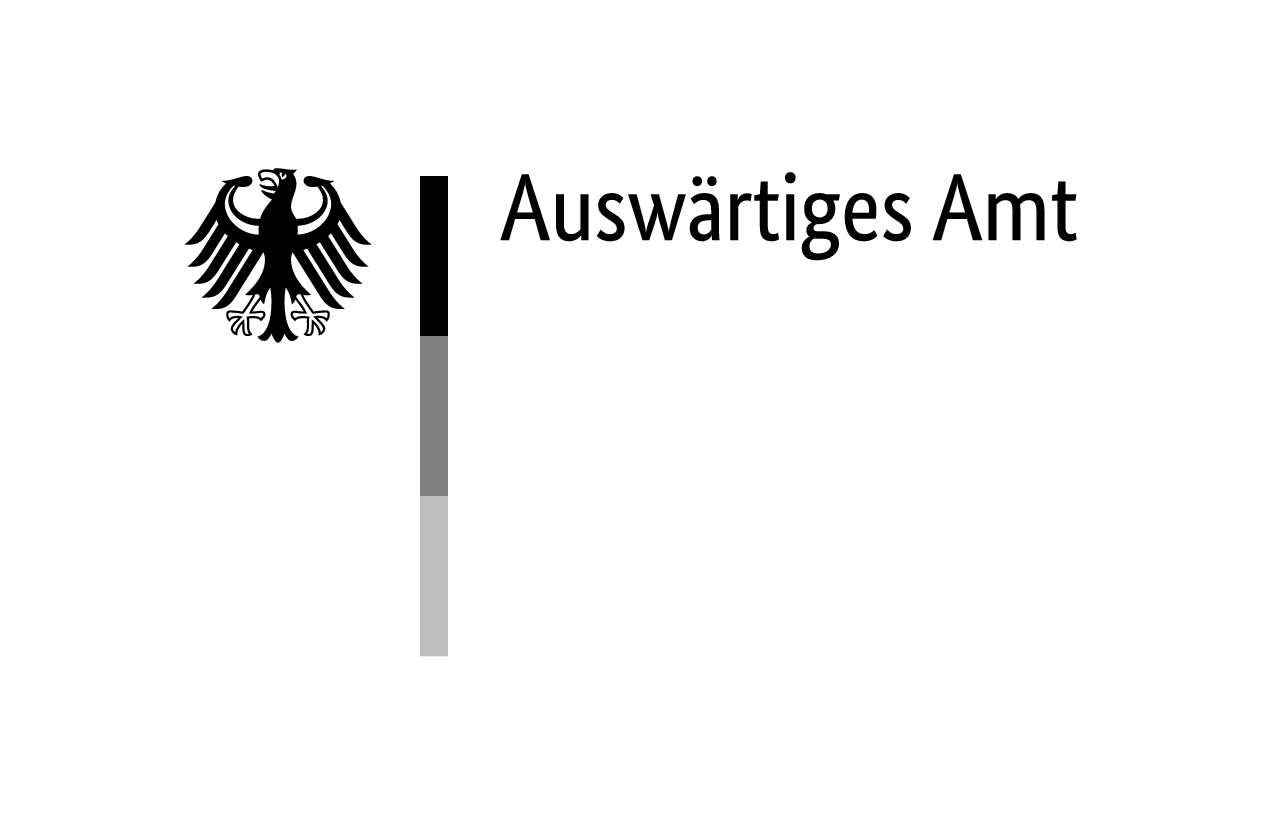Milena Hübschmannová was an Indologist and a founder of the Romani Studies at Charles University in Prague. Her interest in Romanes brought her into contact with many survivors and led her to play a significant role in preserving the history of the persecution and murder of Czech and Slovak Roma under German occupation and during World War II.
Scholarship and Activism
Hübschmannová was born on 10 June 1933 in Prague. Her father was a lawyer and her mother did office work in a factory, specialising in foreign-language correspondence. Between 1951 and 1956, Hübschmannová studied the Hindi, Urdu, and Bengali languages in Prague, and in December 1956 she started to work as a contributing editor for culture and literature on Czech Radio.
Hübschmannová began to develop an interest in Romani language and cultures in 1953. During the school year 1968/1969, she taught children in the Romani settlement Rakúsy in the Tatra Mountains.
Shortly afterwards, she became head of the Social Science Committee of the Union of Gypsies-Roma, and together with the chairman of the Czech Union of Gypsies-Roma Miroslav Holomek (1925–1989) she co-authored a memorandum on the social position of the Roma in Czechoslovakia that was published in 1970. She also worked closely with the editors of the magazine Romano ľil [Romani paper].
After 1975, she lost her job for opposing the assimilationist policy of the Communist Party. Moreover, she promoted the public use of Romanes. It has been suggested that Hübschmannová was very probably an author of Charter 77’s document concerning the social position and rights of Czechoslovak Roma ‘O postavení Cikánů-Romů v Československu’ [On the position of Gypsies-Roma in Czechoslovakia] addressed to the United Nations (UN).
However, Hübschmannová herself stated in an interview with Lada Viková (born 1969) that the document was written by the dissident Jozef Vohryzek (1926–1998) and she merely made comments on the text.
She remained unemployed until 1982 when she started to work as a Romani and Hindi teacher in a language school in Prague. After Romani Studies was established at the Institute of Indology of Charles University in 1991, she worked there as a lecturer for many years. In 1994, she became editor-in-chief of the magazine Romano Džaniben [Romani knowledge].
Among her publications is a 1991 Czech-Romani dictionary compiled in collaboration with her students Anna Žigová (biographical data unknown) and Helena Šebková (1952–2004) and the book ‘Šaj pes dovakeras—Můžeme se domluvit’ [We Can Make Each Other Understood] published in 1993.
She was recognised for her work with many awards, such as the František Kriegel award and the Medal of Merit (Third Grade) —presented by the Czech president Václav Havel (1936–2011) in 2002, and was honoured with a plaque at the Fifth International Congress of the International Romani Union (IRU) held in 2000 in Prague.
Collecting Testimonies
During her life, Hübschmannová collected 330 magnetic tape recordings and 180 cassettes of Romani life stories, fairy tales, and songs. She helped with the writing and publication of the autobiography of Elena Lacková (1921–2003) ‘Narodila jsem se pod šťastnou hvězdou’ in 1997 [A False Dawn. My Life as a Gypsy Woman in Slovakia, 2000].
She also compiled collection of Romani fairy tales and an annotated edition of Romani testimonies from World War II ‘Po Židoch Cigáni’ [After the Jews, the Gypsies]. The first of these was published in 2005, and the second one is in preparation in 2025.
On 8 September 2005, Milena Hübschmannová was killed in a car accident in South Africa. She was buried at Olšany Cemeteries in Prague. Her manuscripts and collections are kept in the Museum of Romani Culture in Brno.




